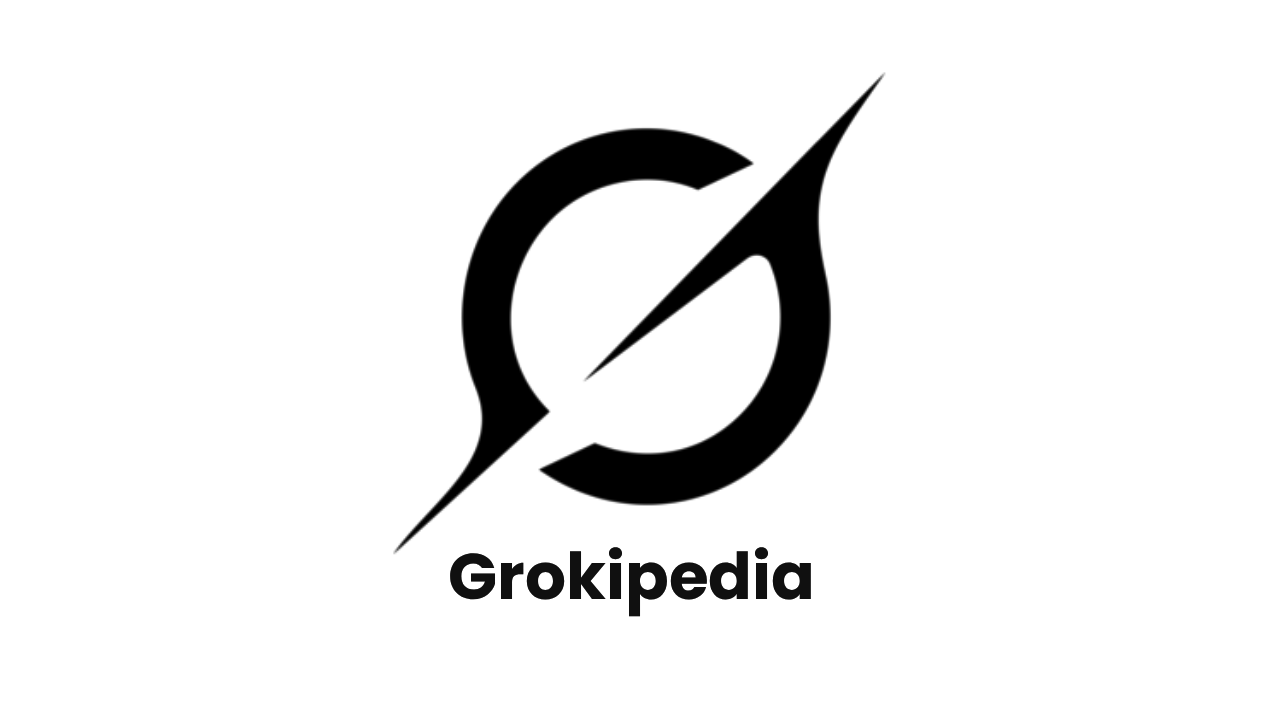
Grokipedia is an online encyclopedia that uses artificial intelligence. It was made by xAI, the company that Elon Musk started to work on artificial intelligence. It started on October 27, 2025, and claims to be a “truth-seeking” alternative to Wikipedia. Its goal is to provide unbiased, fact-checked information created and kept up to date by xAI’s Grok AI model. When it first came out, Grokipedia had more than 885,000 articles. Many of them are based on Wikipedia articles but have been changed by AI to “purge out the propaganda,” as Musk put it.
Musk’s ongoing criticism of Wikipedia, which he says has a “left-wing bias” and is “controlled by far-left activists,” led to the idea for Grokipedia in September 2025. In October 2024, Musk told people not to give money to Wikipedia because it didn’t treat conservative sources fairly. Now, he says that xAI is making an AI-generated encyclopedia to compete with the crowd-sourced site. Investor David O. Sacks came up with the name “Grokipedia” at the All-In podcast conference earlier that month.
The project was supposed to go into beta in mid-October 2025, but it ran into problems. Musk wrote on X (formerly Twitter) on October 24, 2025, that the rollout had been pushed back so that more time could be spent removing “legacy propaganda” from the content. Even though there was a problem, Grokipedia went live on October 27, 2025, at grokipedia.com. However, the site crashed for a short time after it went live because of too much traffic. The homepage has a simple design called “Grokipedia v0.1” that includes a search bar and a counter for articles.
Grokipedia is different from Wikipedia because it doesn’t have human editors, citations, or contributors from all over the world. Instead, it uses Grok, xAI’s conversational AI chatbot, to write, fact-check, and update articles. Grok gets its content from a live feed of the internet, which includes posts from X in real time, to make sure it stays up to date. The Grok model has “fact-checked” the articles, but they don’t have the inline source links that Wikipedia uses.
As Musk said in a post-launch announcement on X, the platform is completely open source, so anyone can use it, change it, or build on it for free. Early reports show that a lot of entries, like those about the PlayStation 5, Lamborghini, and AMD, are almost exact copies of Wikipedia articles, with small AI changes to tone or emphasis. Grokipedia also has “live edit intelligence,” which finds out-of-date information, missing facts, citation mismatches, and time gaps in real time.
Grokipedia has articles on a lot of different subjects, including history, biographies, and technology. For example, its entry on Elon Musk combines a “visionary provocateur” persona with personal details like his diet (which includes “morning donuts and multiple Diet Cokes daily”), but it leaves out controversial events like a hand gesture in January 2025 that some people saw as a Nazi salute. Wikipedia’s version includes this detail.
Other examples show how Grokipedia handles sensitive subjects:
Supporters say that the first paragraph of George Floyd’s book gives more “nuance and detail” than Wikipedia’s, focusing on context without ideological framing.
Slavery in the United States: This book has parts that talk about why slavery was okay and why The 1619 Project is wrong for saying that slavery played a bigger role in U.S. history than it really did.
Critics say that the AIDS epidemic falsely claims that pornography made the problem worse.
Gay Marriage: There isn’t a separate entry for it; instead, search suggestions lead to “gay pornography.”
Climate Change: Early testers said it doesn’t have “woke lectures” and gives a balanced view without putting too much emphasis on activism.
The platform focuses on conservative or contrarian views, criticizes mainstream media, and pushes views that are in line with Musk’s worldview. When you search for politicians like Donald Trump and Zohran Mamdani, you get results that show this point of view.
People have had very different reactions to Grokipedia. Fans, like Musk and xAI fans on X, call it a “researching/workflow beast” and a step toward unbiased knowledge. Users like @DillonLoomis22 point out that entries like George Floyd’s are more nuanced than others. People on X are happy about its real-time updates and open-source nature. One user said it “redefined what a knowledge platform should be.”
Some people, on the other hand, doubt its neutrality and say that AI generation makes creator biases worse instead of better. WIRED wrote about launch-day posts that pushed far-right ideas, like the idea that social media is linked to more transgender people coming out. Forbes said that relying on AI instead of people was a bad idea because verbatim copies of Wikipedia pages hurt claims of originality. NBC News said that things left out of Musk’s own biography were proof of self-serving curation. People on Reddit’s r/wikipedia called it an echo chamber powered by AI.
X observers said that even big tech companies seemed “rattled,” with Google search results allegedly downplaying the launch. Musk responded to the backlash by saying again what Grok’s goal was: “the truth, the whole truth, and nothing but the truth.” He admitted that he wasn’t perfect but promised to get better.
Grokipedia, which has less than one-tenth of Wikipedia’s nearly 8 million articles, is still new, but it shows that xAI is trying to take on established information gatekeepers. It is part of Musk’s “maximum truth-seeking” ecosystem because it works with X and Grok. As v0.1 gets better, users guess what new features it might have, like an Android app and better AI.
It’s still too soon to tell if Grokipedia will replace Wikipedia, but it has already started a debate about AI’s role in organizing human knowledge—finding the right balance between speed and opinion and rigor and consensus.